Social Skills, Working Memory, ADHD, and Emotional Regulation
by Noriko Abenojar
Mar 18, 2025
A study by Groves et al. (PMCID: PMC7318097) examined how working memory is linked to ADHD symptoms, emotional control, and social interactions. The findings suggest that when children with ADHD struggle with working memory, they:
📌Have difficulty managing frustration and emotional reactions.
📌Struggle to shift focus from one task or conversation to another without getting stuck.
📌Lose track of conversations, leading to misunderstandings in social interactions.
📌Act impulsively without recalling appropriate strategies.
📌Struggle with reciprocal conversations and remembering social details, which can lead to awkward or unsuccessful interactions.
➡️🔗www.NorikoAbenojar.com to view all past newsletters
➡️🔗Subscribe to the newsletter to receive email notification each time
➡️See announcements below
➡️Keep reading even more for: NORIKO'S NOTES: sharing my life's simple joys💜
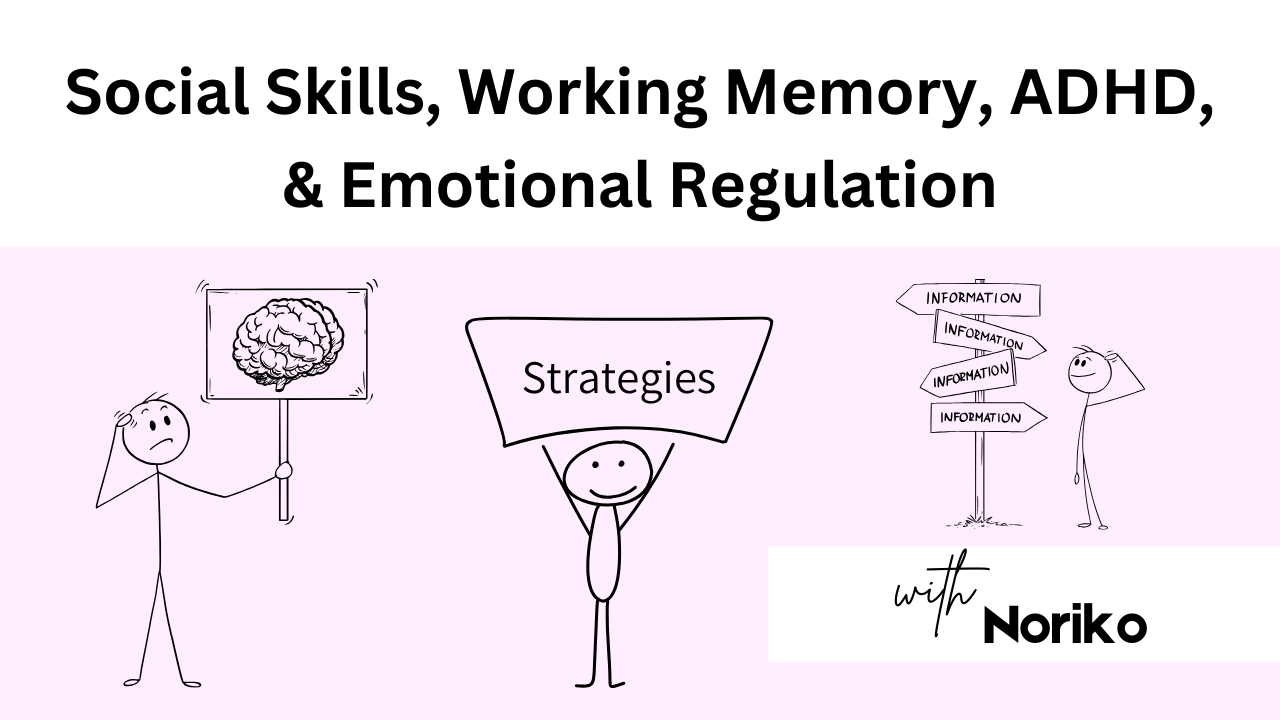
As parents, we often focus on strategies to help our children manage emotions and social interactions. But one key cognitive function—working memory—plays a crucial role in emotional regulation, attention, and social skills development. Research has shown that working memory challenges are strongly linked to ADHD symptoms, emotional outbursts, and difficulties in forming and maintaining friendships.
Let’s dive into what working memory is, how it affects emotional regulation and social skills in children with ADHD, and how you can support your child.
What is Working Memory?
Working memory is like a mental notepad that holds and processes information temporarily. It helps you to
✅Follow multi-step directions
✅Stay engaged in conversations
✅Control impulses and manage frustration
✅Shift between tasks smoothly
✅Process emotions and social cues in real time
When working memory is weak, kids may lose track of what they’re doing, struggle to remember coping strategies, or react impulsively in social situations. This can make social interactions more difficult and lead to challenges in forming meaningful relationships.
Q & A: Understanding Working Memory
Q: How is working memory different from long-term memory?
A: Working memory is the ability to hold and use information for short periods (like remembering a phone number long enough to dial it--although that is definitely a thing of the past now! LOL). Long-term memory stores information for extended periods (like remembering your address or a childhood event).
Q: Why do some kids with ADHD struggle with working memory?
A: ADHD affects the brain’s executive functioning, which includes working memory. Kids with ADHD may have difficulty holding onto information while completing tasks, which can make following directions and organizing thoughts harder.
Q: How does working memory impact social skills?
A: Good working memory helps kids follow conversations, remember details about friends, and respond appropriately in social interactions. Weak working memory can lead to forgetting names, losing track of conversations, and struggling to take turns in discussions.
How Parents Can Help
👉Practical Strategies to Support Emotional Regulation and Social Development:
-
Use visual supports and external memory aids – Create checklists, use timers, or color-code schedules to help reduce working memory overload.
-
Use calming strategies in front of your child – Model deep breathing, self-talk (“I’m feeling frustrated, so I’ll take a deep breath before responding”), or grounding techniques to help your child regain emotional control.
-
Break tasks and conversations into smaller steps – Instead of giving a long set of instructions, break them into bite-sized, easy-to-follow directions. Similarly, help your child break down social interactions into small steps (e.g., greeting, asking a question, responding, listening, etc.).
-
Encourage a “pause and check” system – Teach your child to pause before reacting, asking themselves, “What’s my best option here?” This is especially useful in emotional or social situations.
-
Help your child organize their play and social activities – Instead of letting play or social time feel chaotic, help structure activities with clear goals and steps to avoid frustration. Instead of a free-for-all playdate, help organize some adult faciliated baking or games.
Helping Teens and Young Adults Strengthen Social Skills
As kids grow, working memory continues to impact their ability to maintain friendships and handle social interactions. Teens and young adults with working memory difficulties may frequently lose track of conversations, forget details about friends, or struggle with social cues.
👉Tips for Teens and Young Adults:
-
Use a notes app for social recall – Encourage them to jot down people’s names and key details (e.g., favorite hobbies, recent events) in their phone after social gatherings. Reviewing these notes before meeting someone again helps keep connections strong.
-
Teach mental rehearsal – Help them visualize or talk through social situations before they happen to strengthen memory retrieval and reduce anxiety.
-
Practice active listening – Suggest repeating back key points of a conversation to help them stay engaged and remember details.
-
Use association techniques – Connecting a new friend’s name with a visual image or story can help with recall, making social interactions easier to navigate.
-
Help structure social settings – Encourage participation in structured social events (e.g., game nights, sports, clubs) where there are built-in rules and expectations to support social engagement.
Final Thoughts
Working memory plays a vital role in emotional regulation, attention, and social success. For children with and without ADHD, strengthening working memory skills can help them better manage emotions, engage in meaningful conversations, and build strong relationships.
By incorporating small, simple strategies at home, you can empower your child to navigate social challenges with confidence!
NORIKO'S NOTES: sharing my life's simple joys💜
Recently, my son Jake turned 20!! There is something deeply different about having a child who is 20, a child who is no longer a teenager. People say 'don't blink, they grow up fast'...and I REALLY felt that this year. He will be home from college for spring break in 11 days (yes! I am literally counting the days, haha) and I am very excited. Even though I see him quite often during the school year because we like to go to San Diego, there is something so comforting and grounding to have him at home, with all 4 of us together. When I was 18 and in college, my parents had to move back to Japan due to my dad's work. I did not have a home to go to on short breaks or long weekends. At that time, I didn't think much of it; I was a pretty independent teenager already. However, looking back now as a parent, I think I would have really enjoyed having that transition stage and parents to lean on when life got complicated. My parents were available when I called or faxed them (I am dating myself!) but it definitely was different than having a place to go home to. Anways, I am just very happy and grateful that we can have that with our kids now.
20 is going to be a wonderful year for you, Jake!! You are one of my most precious joys in life.
Thank you for letting me share my simple joy💜 .

Gratefully yours,
Noriko
ANNOUNCEMENTS:

Online Workshop
REGISTRATION COMING SOON!
Let's Talk About Friendships - 4 Visual Tools Parents Can Use to Help Their Child Understand How Friendships Develop
YES! NOTIFY ME WHEN REGISTRATION IS OPEN
Please Help Spread the Word!
The more awareness we bring to the importance of social skills development, the more schools and workplaces will recognize the importance of inclusivity and the need for meaningful social support.
Please share this link: Parenting REdefined Newsletter (www.NorikoAbenojar.com/subscribe) to friends, families, teachers, or other professionals - encourage them to subscribe so that they don't miss announcements and new newsletters.
Noriko Abenojar, MSW PPS
Parenting REdefined
www.NorikoAbenojar.com
www.SocialAndCognitiveLearningCenter.com
Instagram: @NorikoAbenojar
Facebook: Parenting REdefined by Noriko Abenojar MSW PPS
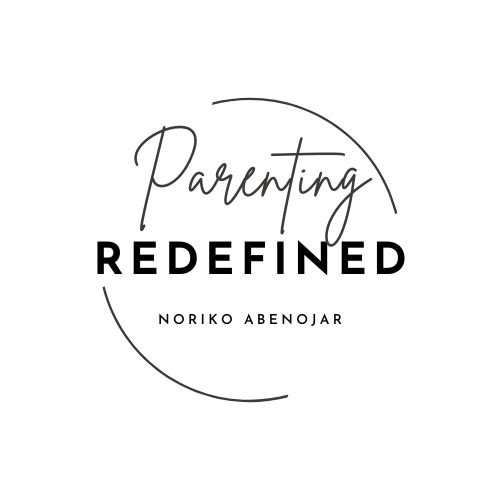
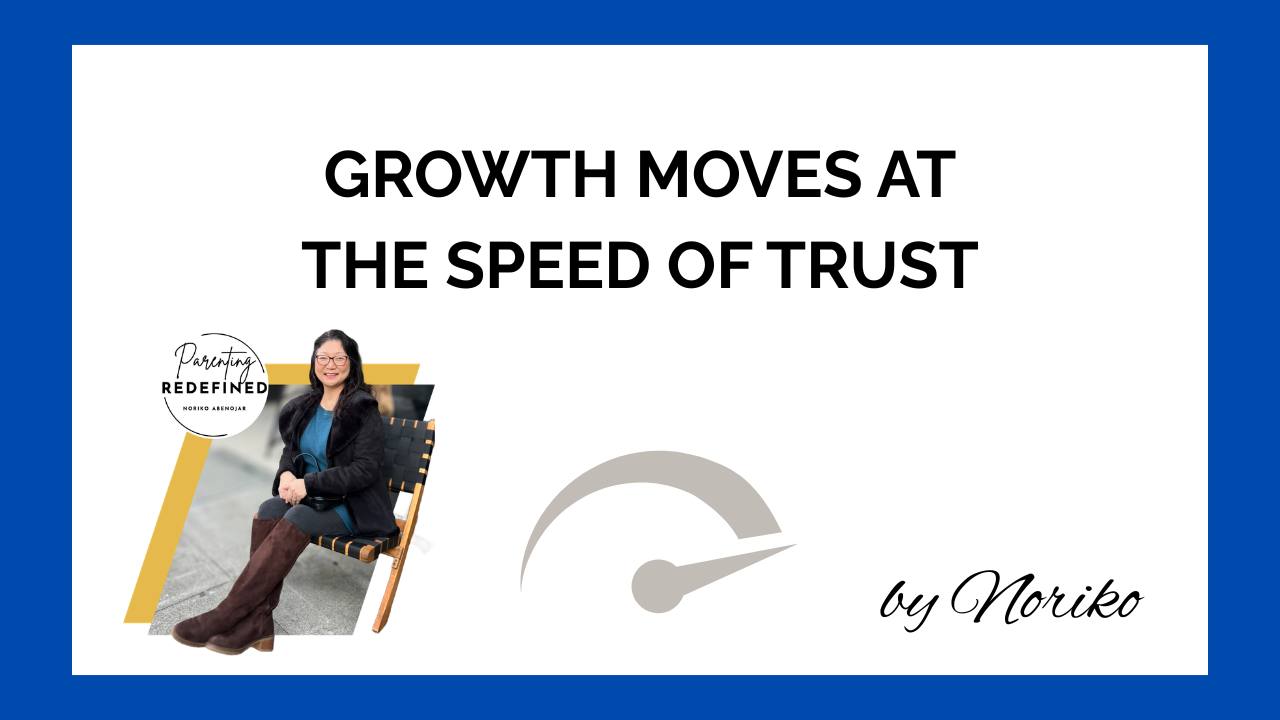
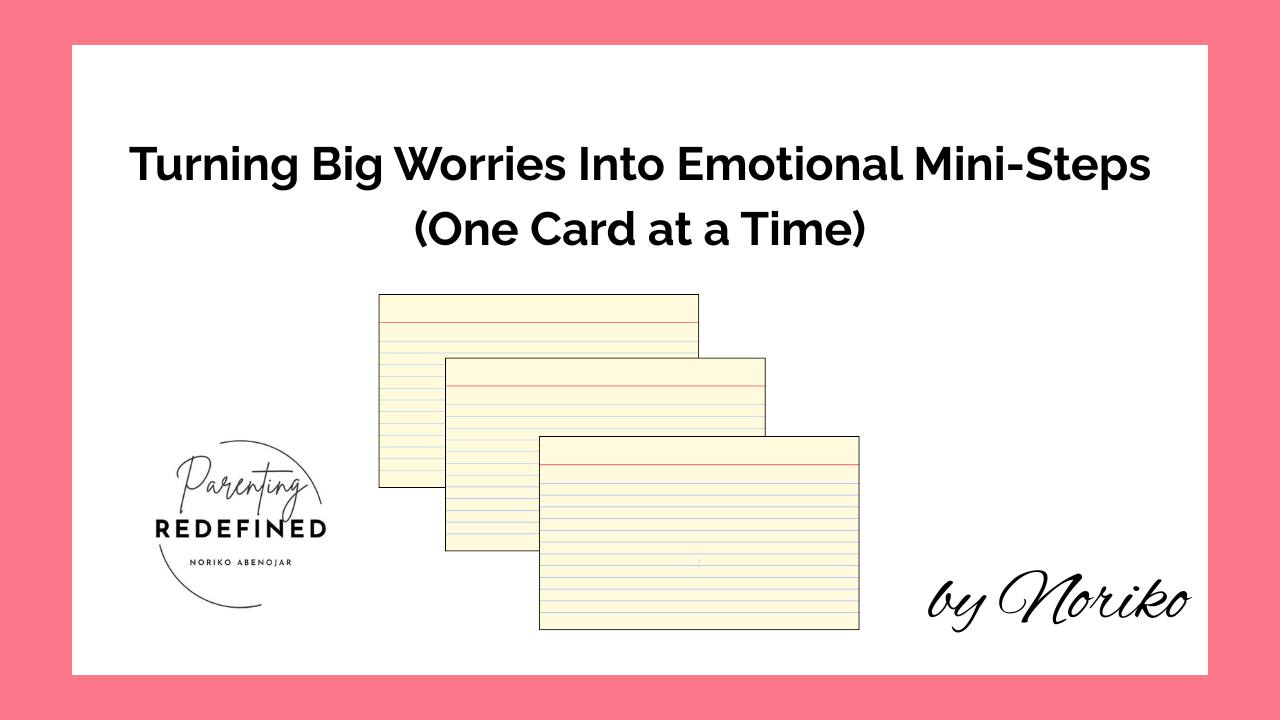
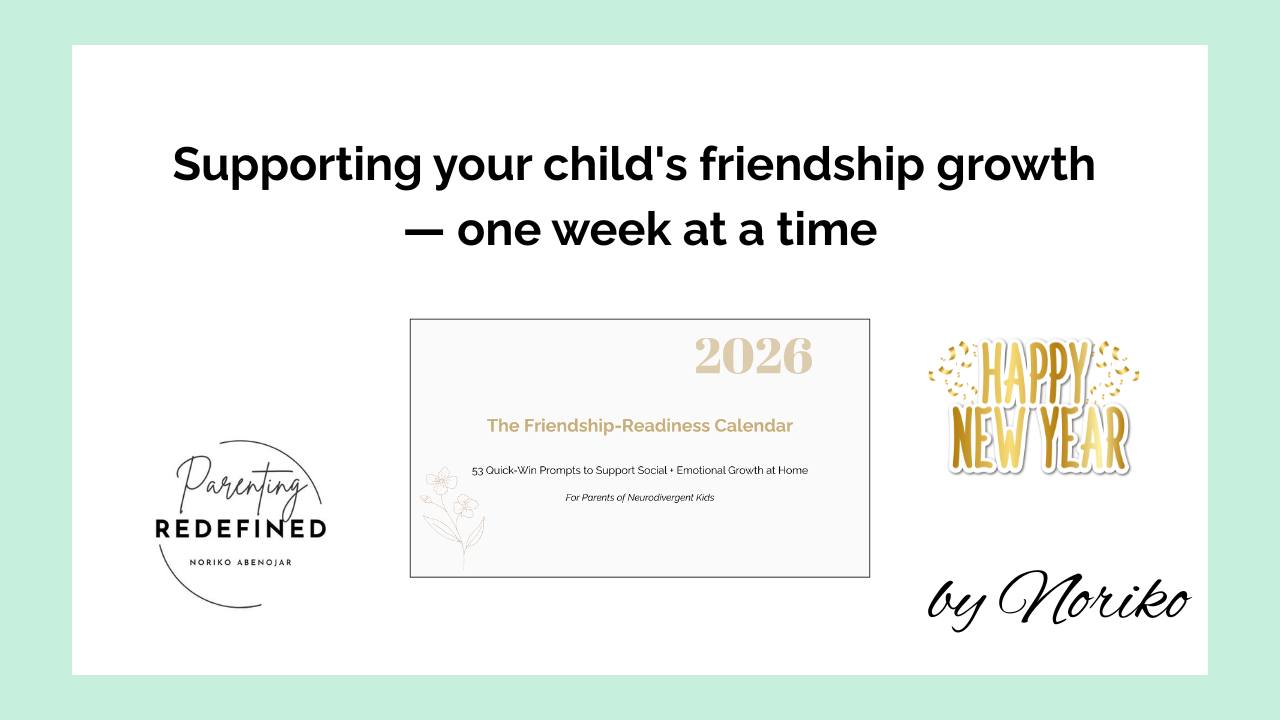
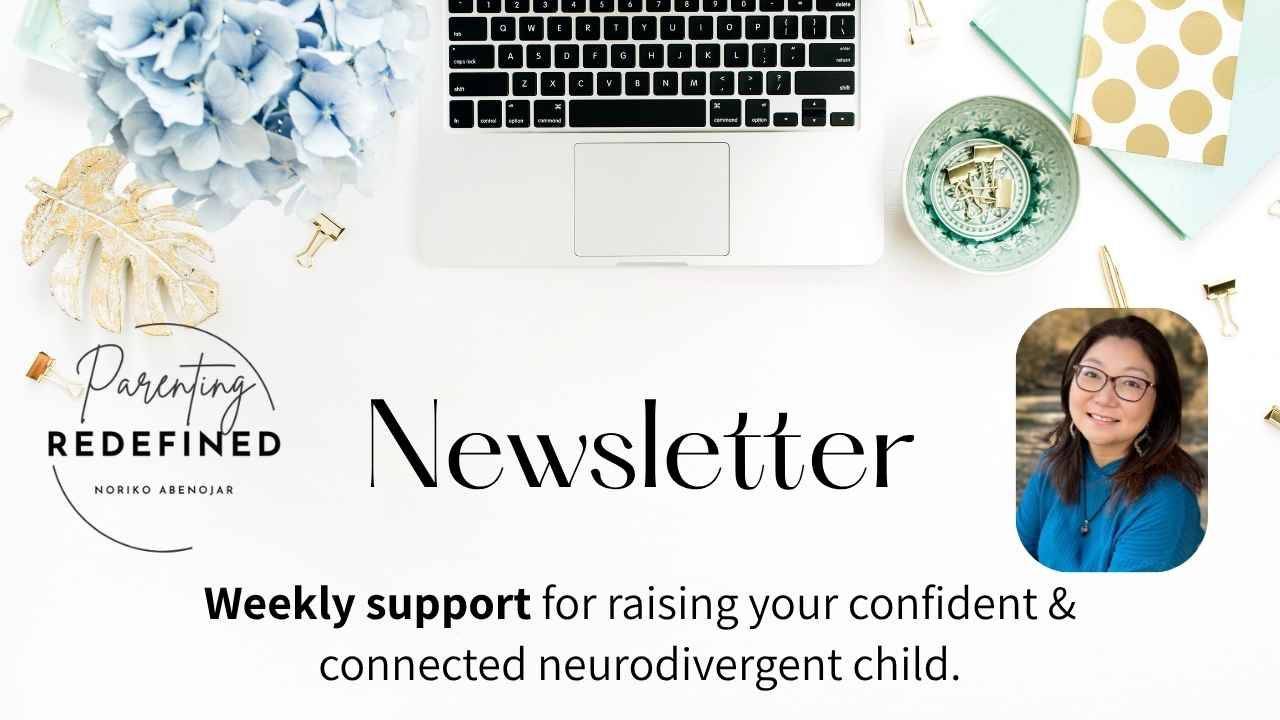

Responses